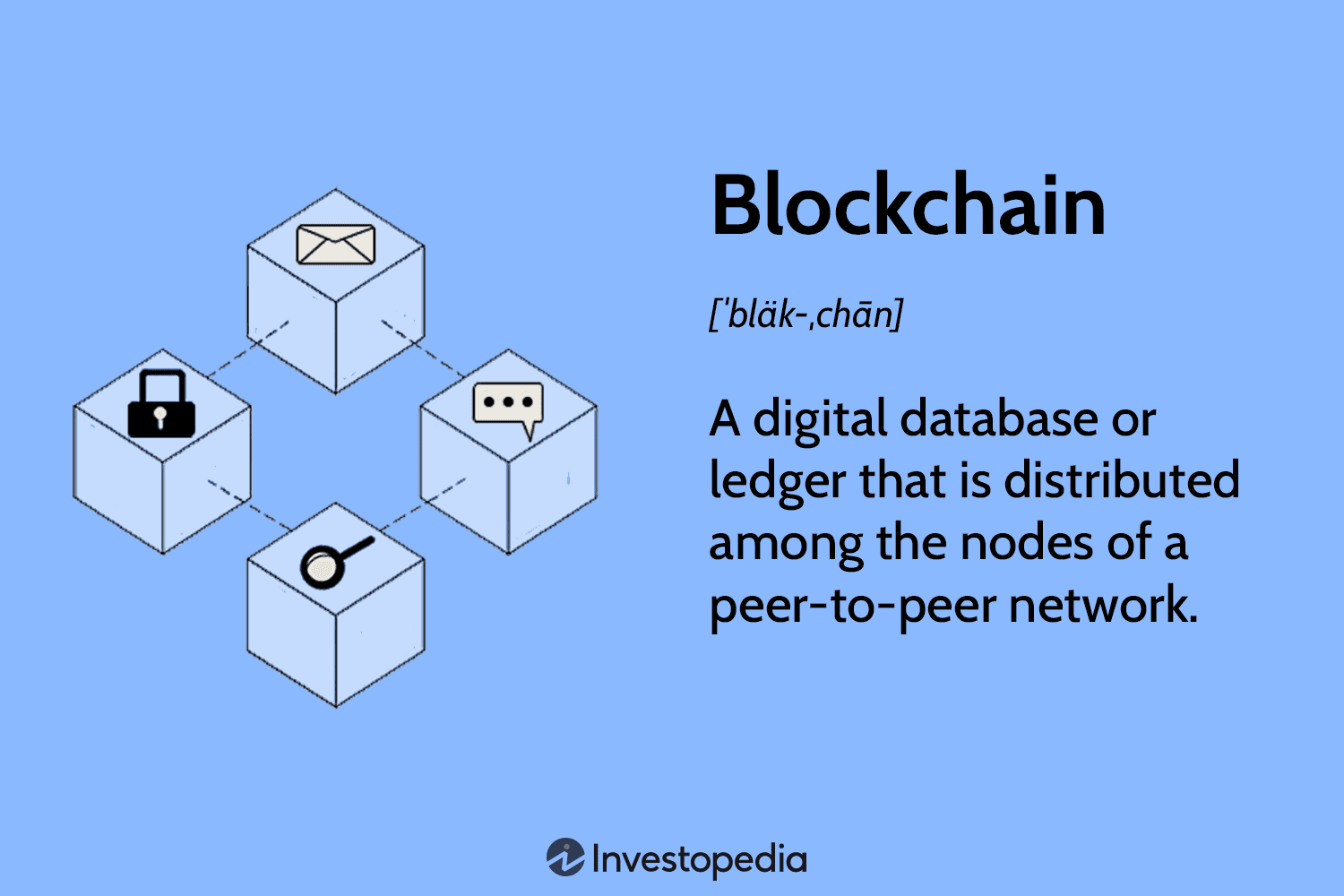To put it simply, blockchain is a digital record that is constantly updated with fresh information about who holds what. The time, date, dollar amount, and parties involved in a transaction are all examples of data that is encrypted and saved in a “block.” This “block” is then linked to other “blocks” to form a chain.
One of the reasons Bitcoin and other cryptocurrencies are so appealing is that the blockchain is not under the jurisdiction of a single central authority. In a blockchain network, everyone has access to the same information, which makes it possible for everything to be completely clear and always be in sync.
There is no centralized version of the information that a hacker may attack since it is kept on many machines. As a result, it is no longer necessary to have a trustworthy third party verify information about a transaction as well as information about oneself. As such, many worldwide tech companies, through using Docker (and a Docker registry), have used blockchain solutions in their operations for the following reasons:
Monitoring
The blockchain keeps a permanent record of transactions, resulting in an easy-to-follow audit trail that may be utilized for both internal and external audits. This audit trail might be used for verification. It not only ensures the accuracy of the data, but it also addresses the issues of receiving information from several sources. When there is more data preserved on a blockchain, you will have access to a more detailed history of that data.
Quality Control
Furthermore, there are various applications for blockchain technology in quality assurance, especially if anything goes wrong. Blockchain offers a definitive and ongoing record that can rapidly identify the source of any troubles that may arise in the case of a recall or an inquiry into what went wrong since enterprises can connect every component of the supply chain. Because of this, blockchain is especially useful when a business needs to figure out the cause of a problem or recall a product.
Trading in Securities and Commodities
It is conceivable that the use of blockchain technology on stock exchanges would result in faster trading of commodities or securities. A process that used to take several days may now be authorized and completed in a matter of minutes, considerably improving overall efficiency. This is made feasible by the nature of the technology, which is decentralized.
In contrast to the conventional technique, which needs a succession of validators to process transactions over many days, blockchain-based settlements may occur “automatically” in a matter of minutes.
Smart Contracts
Smart contracts, which may be used by enterprises, can automate the processing of many transactions, such as those that occur across supply chains. It is feasible to link the services of many companies that rely on them without jeopardizing sensitive or proprietary information.
When businesses use smart contracts, they may embed logic in a blockchain network in the form of code. This allows the blockchain network to complete transactions between network members automatically.
Supply Chain Management
When a firm employs blockchain technology to manage its supply chain, the owner has more visibility into the overall operation of the organization. If public networks are developed, blockchain technology may assist companies in being more transparent and better aligning their interests with those of other parties working within the same ecosystem, whether they are consumers or suppliers.
Payments and Reimbursements
The most well-known use of blockchain technology is in financial transactions and reimbursements. Blockchain technology serves as the basis for bitcoin and other cryptocurrencies such as Ethereum. Initial coin offerings (ICOs) for blockchain-based currencies and platforms that companies provide are now in the works. Even national central banks are doing research and development on their blockchain-backed currencies, such as the Bank of Japan’s J-Coin.
Increasing Consumer Engagement
Blockchain technology has the potential to boost customer involvement by making corporate processes more accessible, transparent, easy, and trustworthy. The utilization of blockchain technology in combination with active customer involvement creates a plethora of opportunities and benefits. Users are given control over their personal information, the firm model incorporates the power of transparency, quick transactions are promoted, and loyal customers are recognized.
Conclusion
Companies using blockchain to retain digital records and data is an efficient technique, but it is a complicated problem that may be difficult to explain, learn about, and implement. If you are prepared to put in the time and effort to learn these protocols, you will be rewarded with a revolutionary method to conduct secure and one-of-a-kind online transactions, especially with cryptocurrencies and other digital assets, as well as other benefits for businesses.
